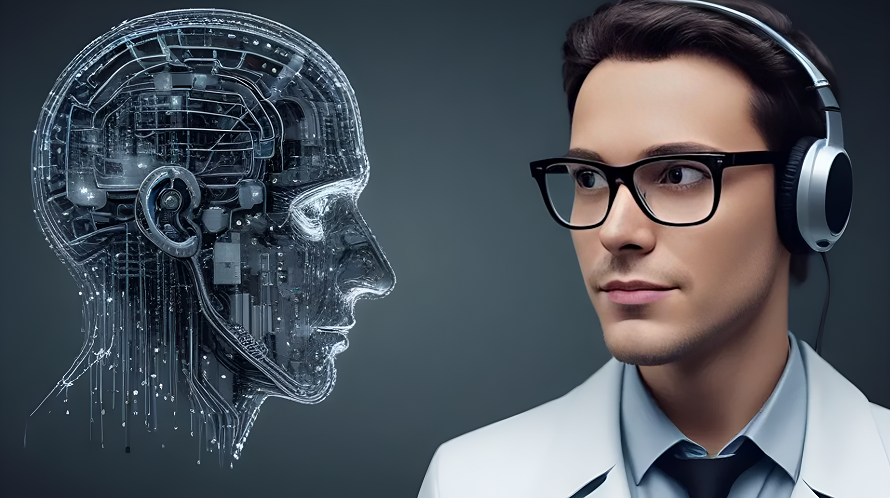Introduction
As artificial intelligence (AI) continues to advance at a rapid pace, the question on everyone’s mind is: “Will AI replace programming?” This provocative idea suggests a future where AI can write its own programs, develop itself, and potentially outpace human programmers. While this concept might seem like science fiction, it’s inching closer to reality. In this blog post, we will explore how AI might soon be capable of self-programming, the implications for programmers, educators, and online courses, and what this means for the future of technology.
The Rise of Self-Writing AI
AI and Self-Programming
AI has already made significant strides in various fields, from natural language processing to autonomous driving. One of the most groundbreaking developments is AI’s ability to write code. Machine learning models, such as OpenAI’s Codex, can now understand natural language instructions and generate code snippets. This capability paves the way for AI to not only assist programmers but eventually write entire programs autonomously.
Self-Healing Software
Imagine software that can diagnose its own bugs and fix them without human intervention. This concept, known as self-healing software, is becoming more feasible with advances in AI. Self-healing software can monitor its performance, detect anomalies, and make necessary adjustments or repairs. This level of autonomy could revolutionize software maintenance, reducing downtime and improving reliability.
Human Direction and AI Autonomy
While AI’s potential to self-program is impressive, human direction remains crucial. AI systems require initial guidance, training, and oversight to ensure they align with human goals and ethical standards. Humans will set the objectives, define the parameters, and provide the context in which AI operates. However, once these directions are established, AI could handle much of the programming workload independently.
Implications for Programmers
Job Displacement Concerns
The rise of self-writing AI raises concerns about job displacement. If AI can write and maintain software, what will happen to human programmers? It’s essential to recognize that while AI can handle many programming tasks, it doesn’t eliminate the need for human expertise. Programmers will still be required to design complex systems, understand user needs, and provide creative solutions that AI cannot easily replicate.
Shifting Skill Requirements
As AI takes over routine coding tasks, the skills required for programming jobs will shift. Future programmers will need to focus on higher-level tasks such as system architecture, strategic planning, and AI oversight. Learning to work alongside AI and leveraging its capabilities will become a critical skill set.
Impact on Education and Online Courses
Changing Landscape for Programming Education
Programming teachers and institutions offering coding courses will face significant changes. Traditional programming education, which focuses on teaching syntax and basic coding principles, may become less relevant. Instead, educational programs will need to adapt, emphasizing critical thinking, problem-solving, and AI literacy.
Decline in Demand for Basic Coding Courses
As AI becomes more proficient at writing code, the demand for basic coding courses might decline. Students and professionals will seek advanced courses that teach how to harness AI for complex problem-solving, ethical AI use, and integrating AI into broader technological ecosystems. Online course providers will need to pivot their offerings to stay relevant in this evolving landscape.
The Future: Human-AI Collaboration
The future of programming is not about AI replacing humans but about humans collaborating with AI. By combining human creativity and strategic thinking with AI’s efficiency and precision, we can achieve unprecedented technological advancements. Programmers will play a crucial role in guiding AI, ensuring its ethical use, and leveraging its capabilities to solve complex problems.
Conclusion
The idea that “AI will replace programming” is both thrilling and daunting. While AI’s ability to self-program is on the horizon, human direction remains indispensable. The role of programmers will evolve, focusing on higher-level tasks and strategic oversight. Programming education and online courses will need to adapt, emphasizing critical thinking and AI literacy.
As we move towards this future, it’s essential to embrace the potential of AI while preparing for the changes it will bring. By doing so, we can ensure that the rise of self-writing AI leads to a new era of human-AI collaboration, driving innovation and progress in the digital age.
